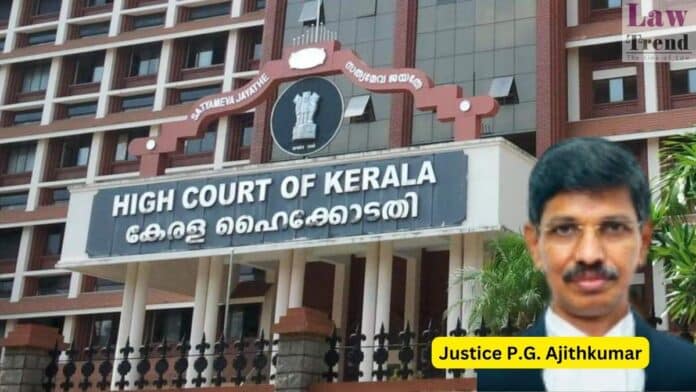In a significant judgment, the Kerala High Court has ruled that for a person to be considered a victim under Section 2(wa) of the Code of Criminal Procedure (CrPC), there must be perceivable harm to their mind or reputation. The court dismissed an appeal filed by Musthafa V.M., who claimed to be a victim in
To Read More Please Subscribe to VIP Membership for Unlimited Access to All the Articles, Download Available Copies of Judgments/Order, Acess to Central/State Bare Acts, Advertisement Free Content, Access to More than 4000 Legal Drafts( Readymade Editable Formats of Suits, Petitions, Writs, Legal Notices, Divorce Petitions, 138 Notices, Bail Applications etc.) in Hindi and English.




